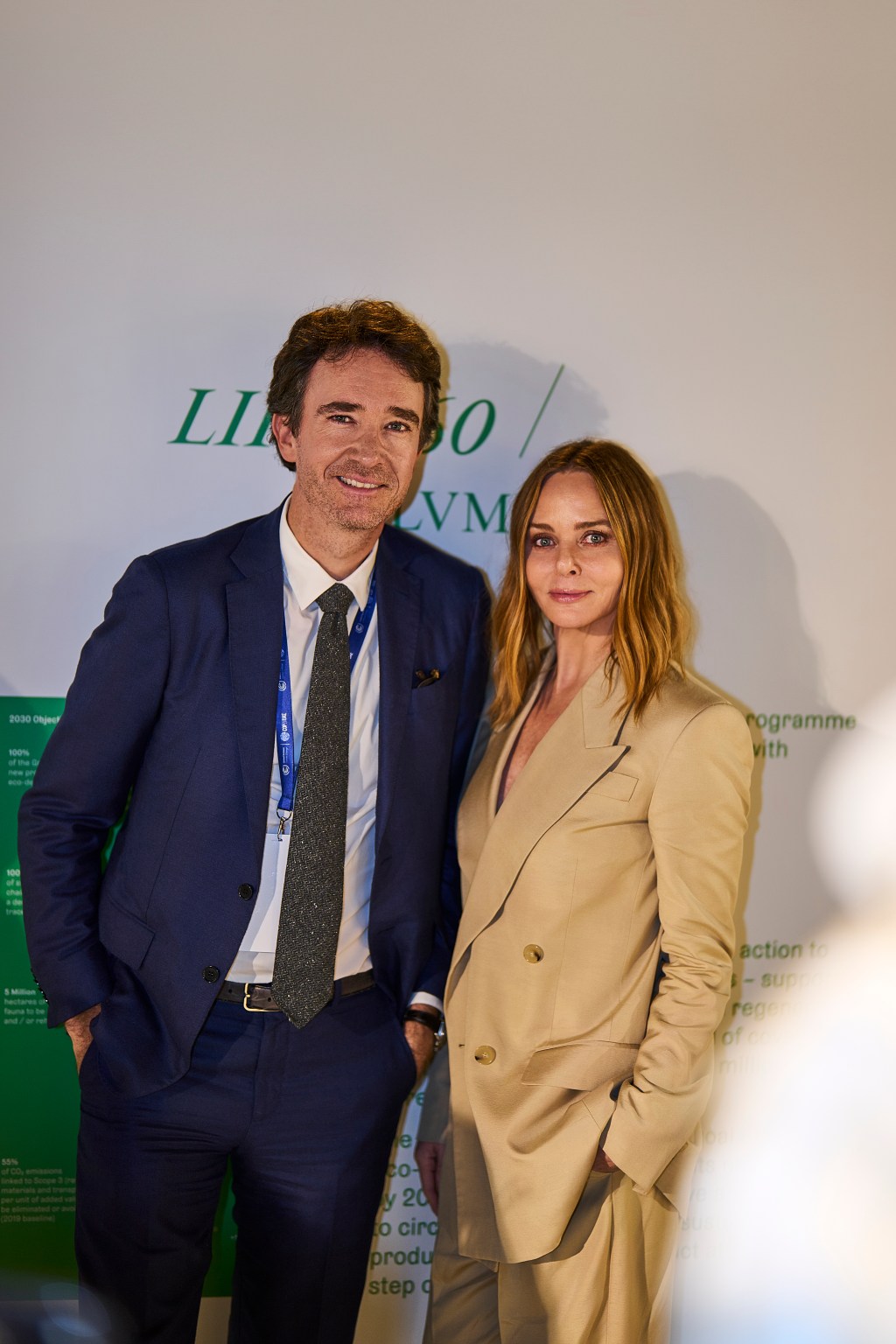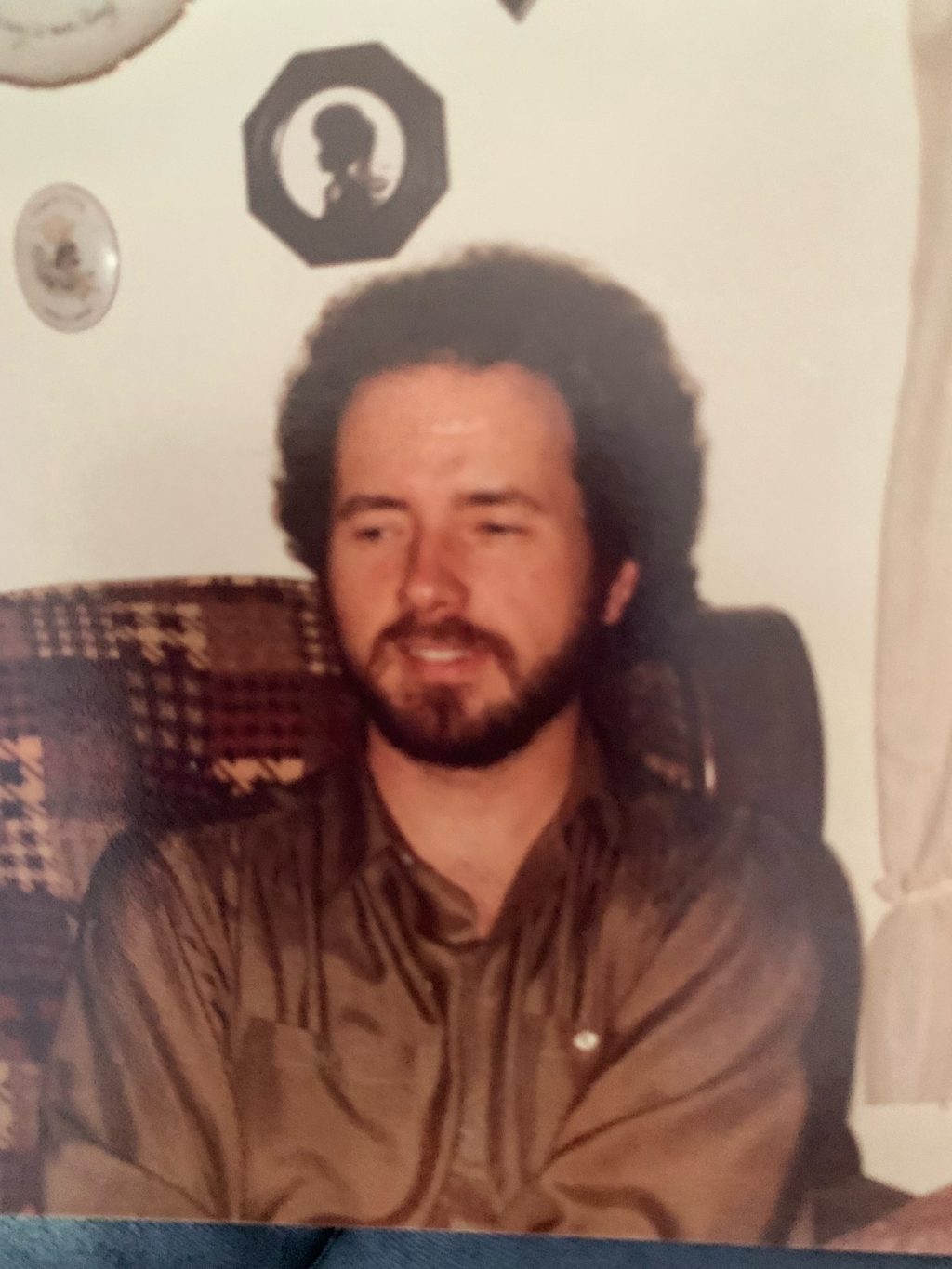DUBAI — In the packed agenda of COP28, the U.N.’s annual climate summit happening here, leading voices from the fashion industry gathered during the opening talks for the conference’s Business and Philanthropy forum. The topic, “Pioneering Fashion Sustainability,” brought a range of stakeholders together to discuss ways to move the needle on carbon emissions.
“There is no space for just setting KPIs [key performance indicators], writing white papers. We have to stop talking, and act,” said Federico Marchetti, founder of Yoox Net-a-porter and chair of the Fashion Task Force, part of King Charles III’s Sustainable Market Initiative.

Having fashion on the official agenda of the conference this year was significant, he said. “We are an industry responsible for anywhere from 4 to 8 percent of the emissions in the world, depending on what study you are quoting. We are polluting more than planes are. This is not an opportunity to use for marketing. It’s a question of survival.”
Innovation, added Marchetti, is central to making change. “That means utilizing technology, but also generally just new ways of thinking about our business.”
Stella McCartney brought the brand’s “sustainable market concept” to COP28 to showcase textile innovations, all plant-based, which the brand utilizes. McCartney has been a trailblazer on sustainability for more than two decades, never having used any animal products since the brand’s inception.
“I’m here to show how we find solutions ourselves. If my business can do this, any business can. We don’t work with any animal byproducts: no leather, feather or fur. We put rules on ourselves. We police ourselves,” she said.
McCartney shared her recent collaboration with Veuve Clicquot, taking discarded grape skins to make faux leather material.
Finding product solutions is just one step, she said, to make the industry to a net zero target. “I want to change policy. We need more regulation. I’ve come to COP to also encourage leaders to incentivize businesses like mine. For example, because I don’t use animal products, I can be taxed in America. But if I put a sliver of leather in something, I don’t pay the tax. I’m actually penalized for not using an animal product. We need to be incentivized, not penalized.
“Most industries that are damaging our environment are called out and have limitations placed on the business,” the designer continued. “My industry is more harmful, arguably, than auto, but we have no legislation. We need to be told some things are purely unacceptable.”

McCartney remains optimistic, saying change is accelerating. “In the beginning of my career I was just Paul McCartney’s daughter. Everyone, including my peers, were making fun of me for not using plastic, fur and sequins. Now it’s normalized. It’s brilliant to see the change in our industry and the world,” she told the audience.
The Fashion Task Force, whose 15 members include McCartney, along with fashion houses Giorgio Armani, Brunello Cucinelli, Burberry and Chloé, is “not a think tank, it’s an action tank,” Marchetti explained. “We are doers.”
While that might not always be perfect, he cited that in two years, they have made significant headway with projects related to regenerative agriculture and traceability.
Riccardo Stefanelli, chief executive officer of Brunello Cucinelli, said the company has a longevity mindset. “We believe action must have various shades of sustainability. We are very aware that we need a sustainable supply chain.”
Stefanelli pointed to the progress they have made on a restorative agriculture effort that was launched by the brand 18 months ago in the Himalayan region of India from which they source material. The goal was to restore harmony between the local nomadic communities and the natural environment. “We wanted to create food for people and animals in these areas that have very rugged mountain terrain and to give them the economic conditions for a dignified livelihood.”
The project supports the local cashmere, cotton and silk economies, and also works to restore the progressive loss of biodiversity.
Stefanelli also believes the product produced from fibers in that region must really be honored. “We must look at it from the beginning with the idea that it can last forever. Even the idea of recycling, when you recycle you destroy the manufacturing process and artisanal work. It’s better to repair than to donate, create conditions that give the product the chance to live longer.”
Greater consumer product consciousnesses and need for transparency lead to the development of the digital passport for products, supported by the Fashion Task Force. Chloé has already adopted them. “If you go to Chloé in Paris, the whole collection has a digital passport,” said Marchetti.
The concept is simple. “Each product gets an ID that stewards it from the time it’s produced through resale and regeneration,” explained Natasha Franck, founder of Eon, a tech company that has created the technology which tracks the product from point of production to point of sale. “With product ID, the world moves toward holding companies responsible for their waste because you can track the entire life cycle of the products and materials,” she added.
“We can unlock new business models and revenue streams for the industry as well as enable resources to close the loop,” said Franck.
Patrick Chalhoub, group president of Chalhoub Group, said the company, which operates luxury stores across the Middle East, integrates environmental, social and governance principles into its core business model. This week it launched a circularity report, sharing the business potential for re-commerce in the Middle East.
According to Chalhoub, the luxury re-commerce market is worth more than $500 million and is expected to grow by 10 to 15 percent annually to reach $760 million to $780 million by 2026. Last year Chalhoub Group launched a handbag and shoes resale business with Level Shoes, the world’s largest footwear retailer, operating in Dubai Mall. “There is a fast growing demand for ethical consumption, led by our youth.
“As we witness luxury brands and retailers adopting circular business models, we recognize our role and the opportunity to not just meet but lead consumer needs,” said Chalhoub. “We aim to guide them on a journey toward a more circular and sustainable future through increased offerings, education and behavior change.”
Consumer awareness, coupled with brand-led innovation, is driving change. “It’s not always the easiest path to be the first to do something, but if you pave the way many other people will follow,” said Marchetti.



